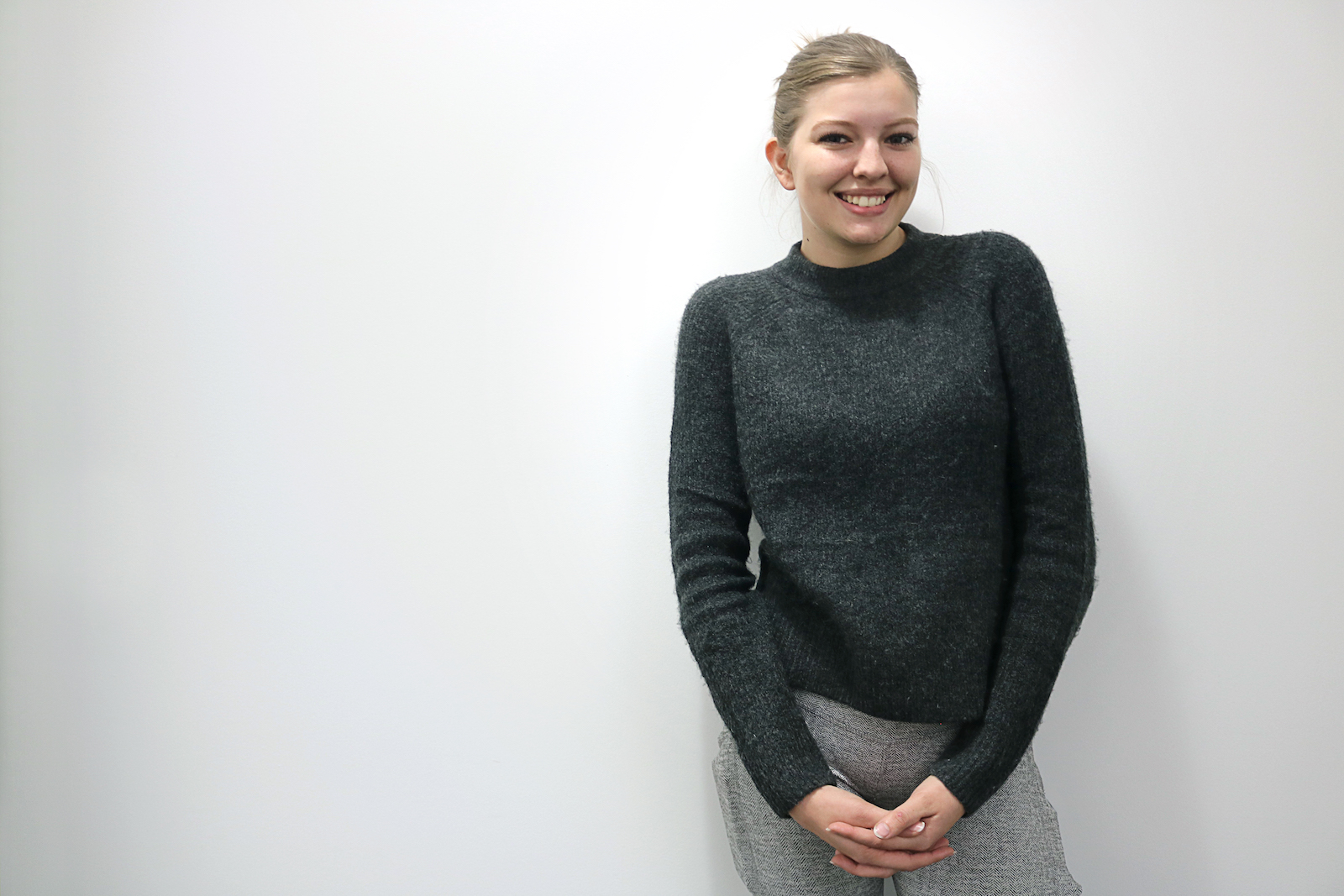The Local newsletter is your free, daily guide to life in Colorado. For locals, by locals.
At 17, Olivia Almon is the youngest in her family; her two older sisters are off at college. Right now, she’s wrapping up her senior year in an intense International Baccalaureate program. She’s president of the gender equality club and the grow club (think: garden club) at her school. In the spring, she’ll play tennis. She tutors and mentors at the female empowerment program Girls Inc. She’s on the Mental Health Youth Action Board run by the Pediatric Mental Health Institute at Children’s Hospital Colorado. She’s a youth community educator for Project Pave, a nonprofit that works to help youth combat relationship violence. And she’s a survivor of multiple sexual assaults.
Yes, you read that correctly. Almon shares her experience with violence as freely as she talks about her extracurriculars. After all, they’re both part of who she is, and she’s involved with some of those after-school activities, including the Youth Leadership Team, because of her past. To her, speaking up about the depression, the anxiety, the PTSD she grappled with as a result of the trauma—and how she worked through all of it—is imperative.

“I have yet to meet a teenager that hasn’t experienced or who doesn’t currently experience a mental health problem,” she says. “It was shocking to see how similar the [Youth Health Assesment] survey responses were. We’re all experiencing the same kind of stuff.”
Sixty percent of female high school students in Denver reported poor mental health over the previous year, according to the 2015 Healthy Kids Colorado Survey. The percentage is lower for rape and other forms of sexual assault, but not by much. Yet there are few outlets in the metro area for youth to talk about and cope with trauma and/or stress. Almon says many of her peers wouldn’t feel comfortable talking to teachers or counselors about this, but finding an affordable, accessible therapist or psychiatrist outside of school tends to be difficult. As the Youth Health Assessment states, “The lack of resources for students and teenagers in addition to the stigma against mental health issues creates the perfect environment to breed mental illness.”
But Almon is determined to improve the situation. Although she’s not yet sure which career she’d like to pursue, she’ll likely go into public health or become a psychiatrist or therapist. She describes herself as having come out on the other side of depression and believes her peers can, too, as long as their struggles are being heard. “The best way to come up with solutions to health/mental health issues confronted by Denver’s youth is to directly incorporate their voice,” she says—exactly what YLT has done.








